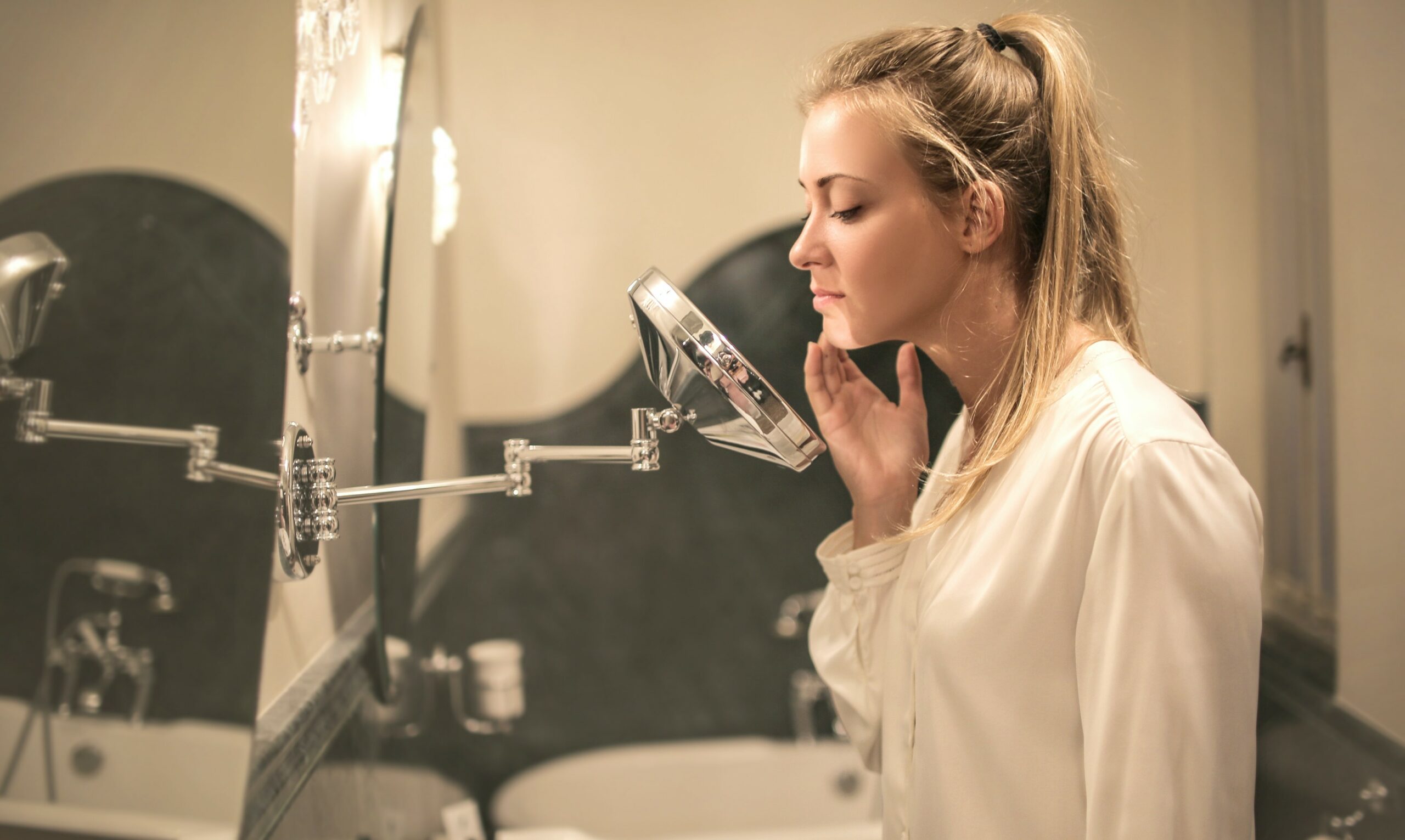5 In-Office Acne Scar Treatments That Really Work

Acne is the most common skin condition in the United States, affecting 50 million Americans annually. In 2013, it was estimated that 5.1 million people sought treatment for acne with costs exceeding 1.2 billion. Even after an acne breakout is under control, many patients are left with residual acne scarring.
Every acne scar is different, and the treatment modality should be tailored to match. Treating acne scars can be a long process that requires patience. Results are cumulative, with each treatment building on the last. For most acne scarring patients, a combination approach works best. By utilizing different therapies, we can target the scarring at different depths in the skin to produce optimal results.
Prevention is Key
When a breakout occurs, acne penetrates the skin and causes damage to the tissue beneath it. During the healing process an overproduction or underproduction of collagen leads to scarring. The best first step for any patient is to calm any existing acne breakouts, and then find solutions that will work to prevent future breakouts from forming. This important step will help reduce the amount of residual scarring left to treat. For persistent, cystic acne a prescription medication is often needed. For patients with mild acne, medical-grade facials, skincare and light therapies like BBL can be helpful.
Types of Acne Scars
Pink Acne Scar – Most common when a breakout is healing and erythema (redness) is present.
Depressed Acne Scar – Form when acne scars heal and the body does not produce enough collagen.
“Ice Pick” Acne Scar – Characterized by a deep, narrow impression.
Raised Acne Scar – Form when the body produces too much collagen during the healing process. Often referred to as hypertrophic or keloid scars.
Acne Scar Treatments
Microneedling with PRP
Collagen induction therapy (microneedling) is a gold-standard treatment for acne scarring. By creating a controlled injury to the skin, the body creates new, healthy collagen to reduce textural issues. Microneedling is ideal for acne scarring because we are able to select the depth in the skin being targeted, and even change the depth for different areas on the face. Microneedling is a gradual process. Our office typically recommends five sessions. PRP, either applied topically or injected, is an excellent addition to microneedling for treating acne scars. PRP increases collagen production and speeds recovery time. By injecting PRP with a subcision method we are able to help break up the fibrous bands that bind scars down.
Radiofrequency (RF) Microneedling with PRP
Radiofrequency Microneedling delivers all the same benefits as traditional microneedling. By incorporating heat into the treatment, we are also able to tighten the skin. RF microneedling is able to reach slightly deeper in the tissue than traditional microneedling, making it a great option for patients with more bound down scarring. We recommend adding PRP (either topically or with subcision injection) to this treatment as well. It can take anywhere from 3 to 6 treatments to produce optimal results.
Lasers
Laser resurfacing also stimulates new collagen production. In many cases, acne can leave behind PIH (post-inflammatory hyperpigmentation). Laser resurfacing works on the texture of the skin while also treating unwanted pigmentation.
Dermal Fillers
Fillers can be used to fill in shallow acne scars. This is usually done when the acne scarring is sparse and patchy. Dermal fillers are not an ideal treatment for larger areas, like the cheeks.
Steroid Injection (Kenalog)
When scars are raised, a steroid injection (typically Kenalog) can decrease the inflammation in the skin to flatten the scar. Multiple sessions with a low dose produce the best results. If too much Kenalog is injected, there is a risk a depression can form in the tissue.
Your Treatment Plan
If you are concerned with acne scars, we recommend visiting a board-certified dermatologist. The key to a successful outcome is having a treatment plan tailored to your scarring and someone monitoring progress throughout your journey. If you are in the Raleigh-Durham-Chapel Hill area and are bothered by acne scars, we welcome you to request a consultation with our team.
